Taking accountability is a large part of making any relationship work. It is a wise person who says sorry when they have erred. But why is it that our apologies don’t get through to our partners sometimes? Why do we fail to complete a task as simple as saying “I’m sorry”? Nine times out of ten, the answer lies in our apology language.
Look at it this way – you’re apologizing in English while your partner likes their sorry in French. The incongruence between the languages can breed resentment and ill-will between you two. As you wonder, “I’ve done my part and said sorry, why won’t they let it go?”, they’re thinking, “Imbécile!” We are here to prevent this unpleasant situation in your relationship.
Our goal is to acquaint you with the five apology languages, namely: expressing regret, accepting responsibility, making restitution, genuinely repenting, and requesting forgiveness. You’re going to identify your and your partner’s apology language by the end of this read.
What Are Apology Languages?
Table of Contents
Author and professor Jacqueline A. Bussie wrote, “A genuine apology is like an eleventh-hour rain on a dusty crop. Grossly overdue, but miraculously just in time.” It is essential to learn the art of saying sorry if we are to build a lasting emotional connection. The five languages of apology present a spectrum of sorts. But let’s start at the beginning.
Bestselling author Gary Chapman (Ph.D.) created the framework of 5 love languages. He put forth the idea that every person has a different way of expressing love to their partner. For some, it might be acts of service, while for others it could be spending some quality time with their better half. Along the same line of thought, Chapman and mental health practitioner, Jennifer Thomas, developed the theory of apology languages.
Their book The Five Languages Of Apology came out in 2006 and presented a completely novel perspective on asking for forgiveness. It explained that a person apologizes in one of five ways; that their approach toward saying sorry is personal and differs from others. Subsequently, congruence was important between the apology languages of romantic partners. If there was a mismatch, it would adversely affect the relationship.
Related Reading: Emotional Intelligence In Relationships: Make Love Last Forever
Gaining a working understanding of Chapman and Thomas’s 5 categories will be very beneficial to your bond. The wait is over as our next segment answers the question you came for – what are the 5 apology languages? Take a look!
The 5 Types Of Apology Languages
Do you say sorry by owning up to your mistakes? Are you more focused on making things right? Or do you believe in verbally expressing remorse? We bet you’ve never even given this much thought. Well, now is the time to examine your apology habits in the relationship. Especially if your apologies have been missing the mark these days.
A few simple tips coupled with a quick overview of the 5 apology languages are all you need right now. When implemented well, this knowledge can improve the quality of your relationship by leaps and bounds. Without further ado, here’s presenting the list that’ll help you know your apology language.
1. What is the first apology language? Expressing regret
The first form of saying sorry is expressing regret, i.e., apologizing for your actions and the consequences thereof. For example: “I am sorry that I caused you so much pain”, “I am sorry I hurt you”, or “I am sorry I made you feel insecure.” This apology language is always more effective when you explicitly state what you’re apologizing for. A simple sorry won’t suffice for the person on the receiving end.
A rookie mistake people often make is adding a ‘but.’ “I’m sorry you’re unhappy but I only did this because I had no choice.” No matter your intentions, the ‘but’ is an excuse. It is a justification for your actions and doesn’t belong with the apology you’re making. Because irrespective of your reasons, your partner is hurting. Acknowledge their feelings and be sorry for having caused them. Simple.
Related Reading: 10 Things That Make A Good Relationship – As Per An Expert
2. Accepting responsibility
When partners assume responsibility for their mistakes, we know that theirs is a strong and happy relationship. The second apology language entails owning up to one’s actions. This is usually expressed as “It was wrong of me to get mad at you” or “My behavior was inexcusable last night, I’m really sorry about that.” It is a good mark of self-awareness and respect for your partner.
Again, don’t try to offer clarifications after saying sorry. Just let your significant other know that you’re fully cognizant of your errors. There’s nothing worse than your partner explaining their wrongdoings to you. Moreover, getting defensive and engaging in a battle of egos doesn’t work; it’s best to be honest and deliver an apology when you’re in the wrong. After all, who’s a better judge of your conduct than you?
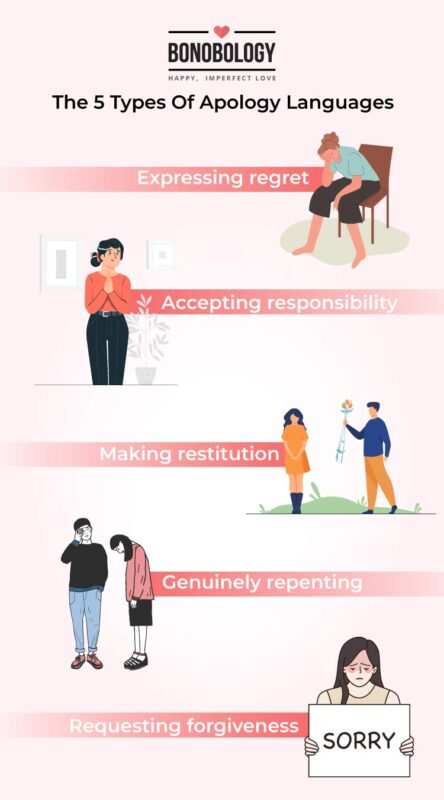
3. Making restitution is one of the languages of apology
You can think of this as “making it up” to your partner or “making things right.” While there’s no way of undoing the past, we can always work on mending the present for a sweeter future. And there’s no better way to do so than asking your partner a question. “How can I make this easier for you?” or “Can I do something to make things better?” or the easiest, “What would you like me to do for you at the moment?”
This apology language reflects your willingness to make amends. It shows that you will go the extra mile because you value the relationship. The best aspect of this apology is that it recognizes the dangers of a lack of communication. Consequently, it initiates a conversation between the two parties. Rather than making assumptions about what your partner wants or needs, this method of saying sorry lets them tell you precisely what they need in terms of amends.
4. Genuinely repenting
Of all the languages of apology, this one is the most thoughtful. It consists of stating not only remorse but also a desire to change. For instance, “I promise to be more considerate with my behavior. This will never happen again but I need your patience as I work toward it.” This approach reflects your willingness to work on yourself, promotes cooperation, and requests the listener’s patience in the relationship.
Your partner is more likely to believe you if you pledge to take action. And make it a point to actually change your behavior and not repeat the same mistakes again. You don’t want your significant other to lose trust in the relationship because of your empty promises. In fact, this goes for all the apology languages; make sure you don’t have to say sorry for the same thing repeatedly.
Related Reading: How To Regain Trust After Cheating: 12 Ways According To An Expert
5. What’s the last of the 5 apology languages? Requesting forgiveness
American theologian Reinhold Niebuhr wrote, “Forgiveness is the final form of love.” And you will surely get your partner to pardon you. Provided you actually ask for their forgiveness. This can be done by saying things like, “I hope you can forgive me for everything that has happened” or “Please forgive me for what I’ve done. I’m really sorry for compromising our relationship.”
If this is your partner’s apology language, these words will certainly melt their heart. Forgiveness in relationships is the key to leading a happy life. Get things out in the open and don’t hold back from asking your partner to absolve you. If you let your pride get in the way, things will get complicated swiftly. Our logic is simple: if you’ve put your partner through a negative experience through your actions, it’s okay to let your pride take a little beating.
What did you think of these five languages of apology? Now that you’ve found yours, let’s talk about how it can benefit your relationship. The next step is figuring out your partner’s apology language and reconciling it with yours. Here’s the last and final segment that will teach you how to balance different approaches in your romantic equation.

Discovering Your And Your Partner’s Apology Language
We’ve hopefully answered your question – “What are the 5 apology languages?” – to satisfaction. But if you’re still having trouble deciphering your partner’s apology language, Gary Chapman has come to your rescue again. He has designed a very simple quiz that will make things crystal clear. You’ll be presented with two phrases and asked which one of them would be more meaningful to you. Answer the questions and get an instant evaluation!
Don’t get too worried if your partner’s apology language is different from yours. Lots of couples face this issue and they overcome it through compromise. Say, your better half values asking for forgiveness but you believe in expressing regret. A balanced way of making an apology to them would be, “I am sorry I made you feel not good enough through my actions. It pains me to know that I have caused you so much turmoil. While you don’t have to, will you please consider forgiving me?”
Remember that the focus of an apology is the receiver. Whether you like it or not, you have to say sorry in a manner that resonates with them. We aren’t asking you to give up your individuality; just be respectful of the emotional needs of the receiver and tailor your apology to them. There is no ‘best’ way of begging someone’s pardon because relationships aren’t universal. Basically, you’ll have to improvise a little.
Let the five languages of apology serve as a reminder of how our partners are individuals in their own right. Maybe what they need and what we offer don’t always align. But this is one more reason to keep learning and growing, and to keep working on the beautiful love we share.
Your contribution does not constitute a charitable donation. It will allow Bonobology to continue bringing you new and up-to-date information in our pursuit of helping anyone in the world to learn how to do anything.






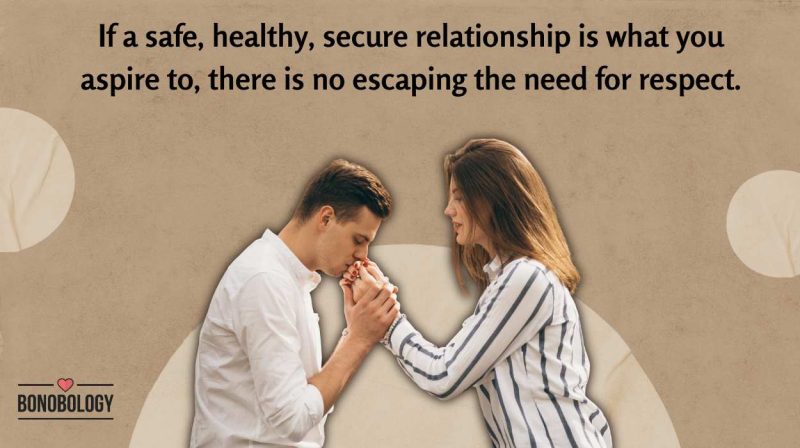

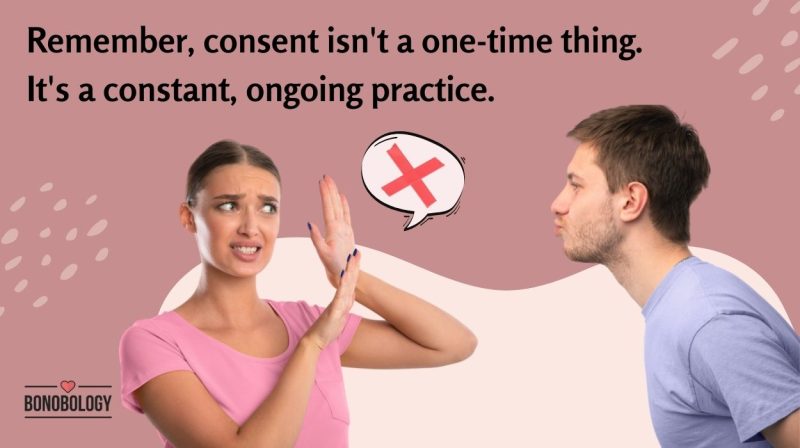


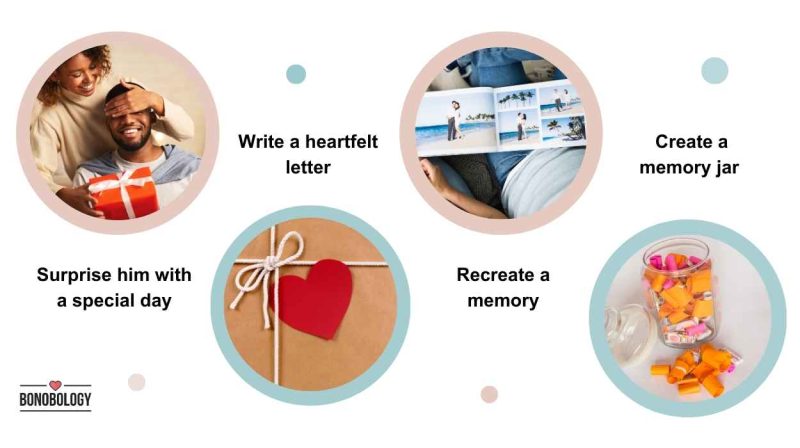
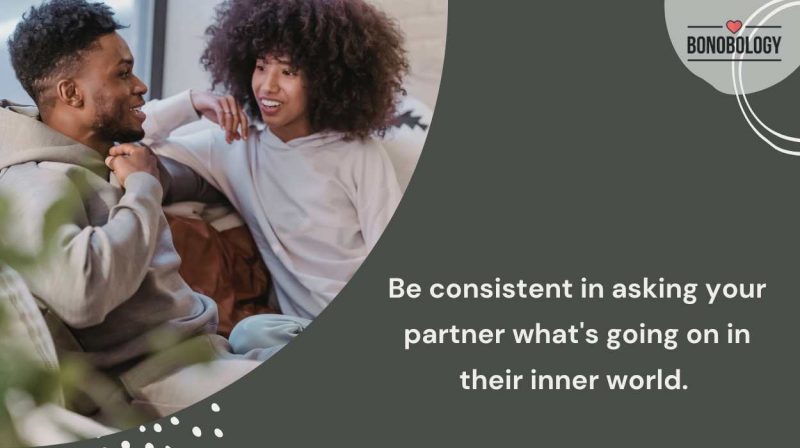




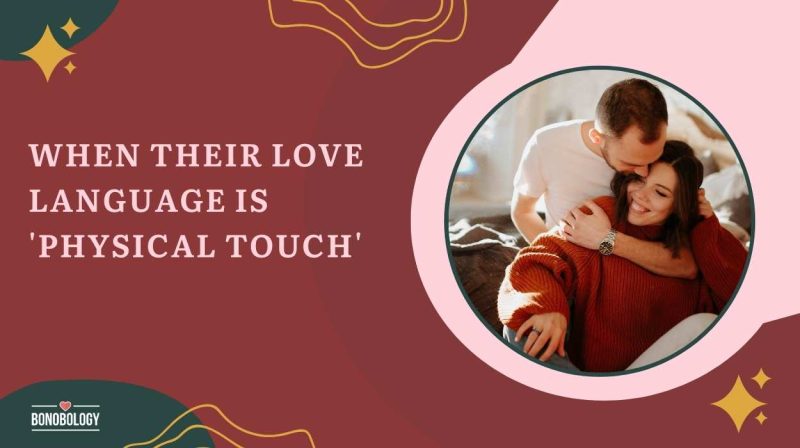
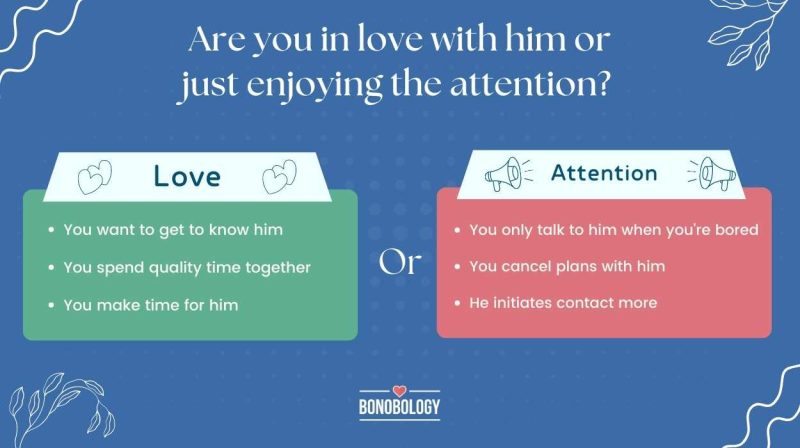
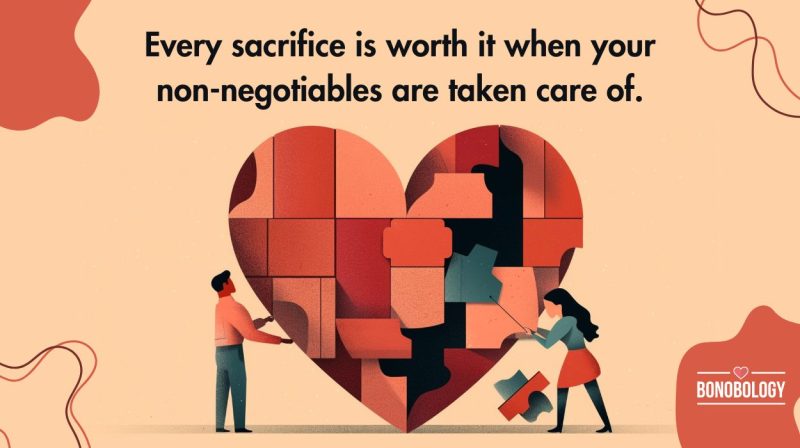

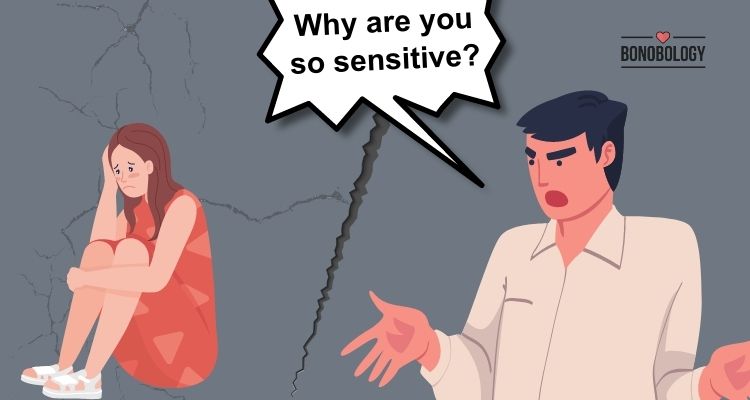

Featured
6 Tips for Helping Your Partner Quit Smoking in Their 50s
How He Treats You Is How He Feels About You — Is It True?
How To Let Someone Down Easy With Kindness And Grace — 13 Tips
How To Show Respect In A Relationship — 9 Ways
The Pitfalls Of Nice Guy Syndrome: How It Affects Relationships
Navigating The Complexities Of Consent In Modern Relationships
11 Ways To Deal With A Sexually Demanding Husband
Accountability In Relationships – Meaning, Importance, And Ways To Practice
How To Apologize To Your Boyfriend: 15 Ways
10 Thought-Provoking Relationship Check-In Questions for Deeper Connection
Is A Monogamous Relationship Right For You? 11 Questions To Help You Find Out
10 Signs You Are In A Truly Stable Relationship (Even If You Feel Otherwise)
7 Subtle Signs Your Partner is Quiet Quitting Your Relationship
Secure Relationships – What Are They And What Do They Look Like?
Physical Touch Love Language: What It Means With Examples
Do I Like Him Or The Attention? Ways To Find Out The Truth
17 Non-Negotiables In Relationships You Must Never Compromise On
15 Ways To Solve Relationship Problems Without Breaking Up
9 Common Narcissist Gaslighting Examples We Hope You Never Hear
The Most Important 7 Qualities Of A Healthy Relationship